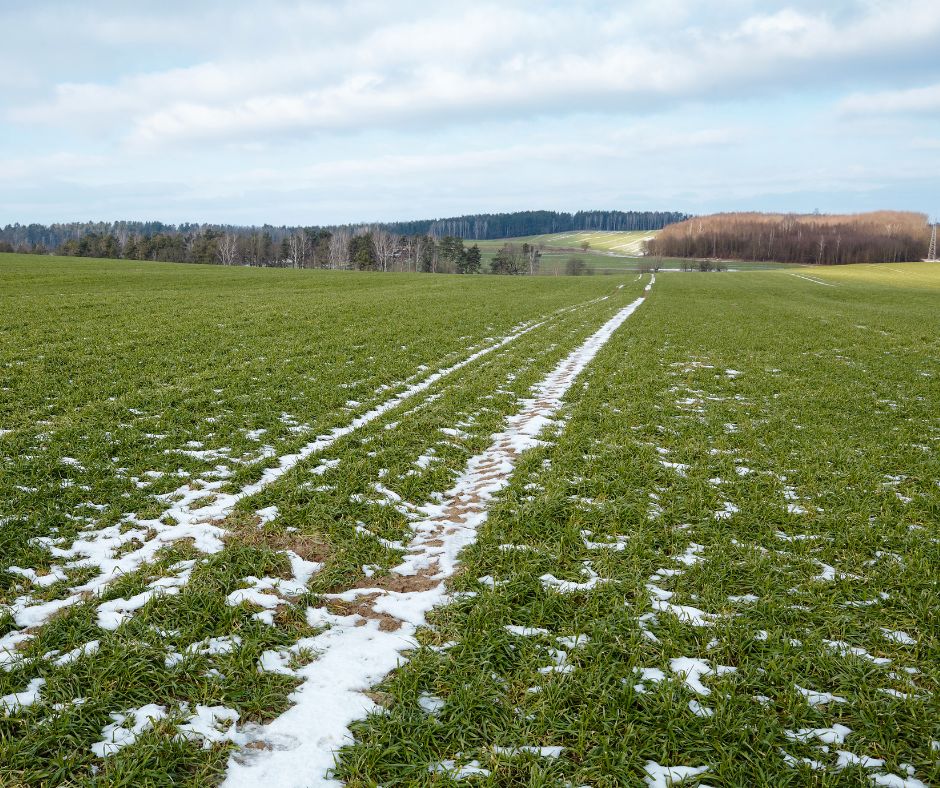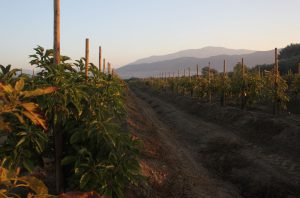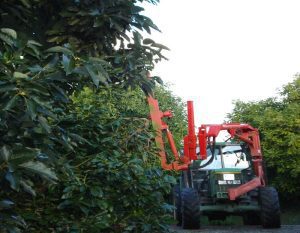In winter, low temperatures and the possibility of frost make it a season to carefully prepare the soil, protect crops, and plan future plantings. At Salsa Agrícola, we believe it’s important to keep some essential tips in mind during this time of year.
Cold weather can stress plants and affect processes such as photosynthesis, which in turn can hinder plant growth and development. However, contrary to what some may think, winter isn’t a time to rest in agriculture but rather an opportunity to strengthen the soil, protect crops, and plan future harvests.
During winter, it’s crucial to focus on seasonal crops, as they are better adapted to environmental conditions. These include vegetables like carrots, cabbages, spinach, as well as lettuce, garlic, and onions. These species can withstand low temperatures and provide healthy harvests during the colder months. At Salsa Agrícola, we recommend starting seedlings in hotbed to protect them during the early germination stages.
Before planting, it’s essential to clean the land by removing remnants of previous crops, weeds, and plant debris. This prevents the spread of pests and diseases. Additionally, we recommend taking advantage of this season to plow the soil and improve its structure. Tilling the soil allows it to oxygenate and improves water infiltration, promoting root growth in the next season.
It is also advisable to add compost, well-rotted manure, or worm humus to enrich the soil with nutrients, as winter is an ideal season for these materials to decompose and become available for plants in the spring.
Crop Protection
During winter, it is important to protect crops from low temperatures, especially at night. This can be done by using mulch, which can be made of organic materials such as straw, wood chips, tree leaves, or sawdust, or inorganic materials. Mulch helps maintain a more stable soil temperature. Plastic tunnels or thermal meshes can also be used to safeguard more sensitive plants.
Regarding irrigation, water requirements are lower in winter, which is one of the season’s advantages for crops. However, it is important to water on sunny days to prevent the soil from drying out too much. At the same time, excessive moisture should be avoided to prevent rotting.
Finally, it is important to rotate crops in each plot to prevent the emergence of pests and diseases and to carefully plan this crop rotation to avoid soil depletion. All these tips will help ensure proper preparation and care to make the most of this season and guarantee successful crops throughout the year.




